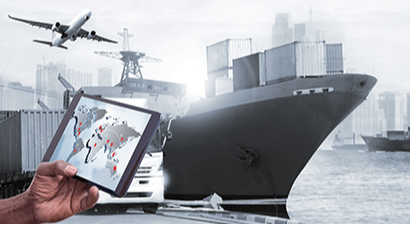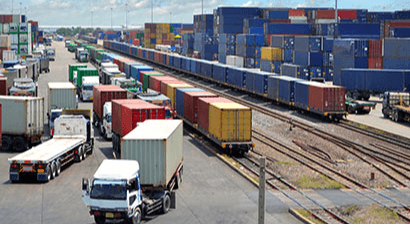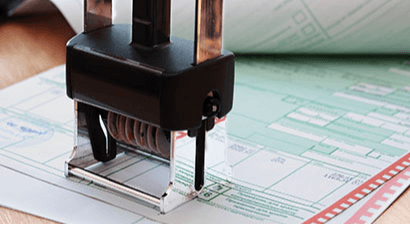ONLINE SHOPPING CAN BE TAXING
Whilst some consumers are tactile and prefer to see and touch a product prior to purchase, many others prefer to make their purchases from the convenience of their office or home. The fact is the world has become so small that you can buy something from a local site or an overseas site while sitting on your couch wearing your PJs.
With a few clicks on an e-commerce site, you can place various items in your virtual shopping cart. For many, this beats having to trapse up and down the isles of a brick and mortar store searching for the desired item. BUT, be warned, the convenience of online shopping is balanced out by the hidden costs.
If goods are purchased from a South African supplier, you may be charged courier or transport charges, but for the most part that extra charge is relatively small in the grand scheme of things. Some people prefer to purchase their items from an overseas seller because the price of the item itself is cheaper. Well, yes, the price of the item may be cheaper but if the goods are purchased from an overseas seller, the purchaser will be in for transport costs (potentially), and will more than likely also have to pay customs duty and VAT.
There is nothing worse than receiving a notification from the courier company that your eagerly awaited parcel has arrived only to be told that you must make payment to SARS of duty and VAT (the amount of which may very well be higher than the cost of the item purchased).
As my wise grandmother used to say, “being forewarned is being forearmed”. To avoid the dreaded ‘duty’ call from the courier, it is suggested that, before making your overseas purchase, you do a bit of research to try establish what the applicable tariff code is. SARS’ website includes a link to the tariff book which contains all the relevant tariff codes, and most importantly, the applicable rate of duty. Armed with this information, you will be able to calculate how much duty you can expect to pay when the parcel finally arrives.
Something many people are not aware of is that Customs VAT is not calculated in the same way as normal VAT is calculated i.e. Customs VAT is not a straight 15 percent of the purchase price. When calculating the amount of VAT payable on imported goods, you use the declared value of your parcel, add 10 percent to the value, then add the amount of duty payable. This gives you, what is known as the added tax value or ATV. It is on this ATV that you calculate your VAT amount. For example, if you import a dress and you pay R200.00 for it, if the rate of duty on your dress is 45 %, your ATV would be R200 + R20 + R90 = R310.00. The VAT amount payable to SARS would equate to R46.50 bringing the total amount payable to SARS to R136.50, and the actual cost of the dress to R336.50, excluding the courier charges. As you can see, it is relatively easy for the cost of your parcel to escalate with these, often overlooked, taxes.
Another thing many people who buy items from overseas (known to SARS as ‘importers’) should be wary of, is the fact that, in terms of the Customs & Excise Act, if you import goods to the value of more than R150 000 per calendar year, whether imported in one or more consignments, you have to register with SARS as an importer. Failure to register with SARS as required could lead to hefty penalties, storage charges, and possibly even having your goods seized.
SARS has an easy way of keeping track of the value of each individual’s imports. When importing, you are required, by law, to reflect either your identity number, tax number or passport number on the import bill of entry. This is why most foreign sites ask for your identity number before you make your first purchase.
Suddenly those online purchases from the overseas sites seem a little less appealing. As they say, nothing in life is certain except for death and taxes, so be sure to do thorough research before purchasing anything online from an overseas store. That overseas purchase may not be so much cheaper than the local alternative after all.





